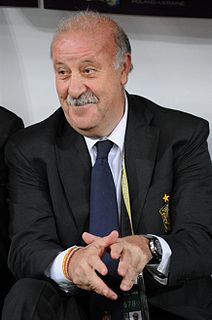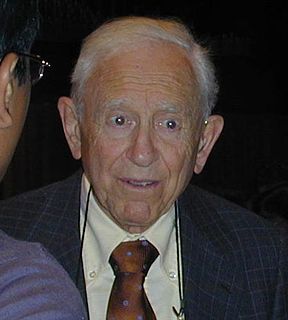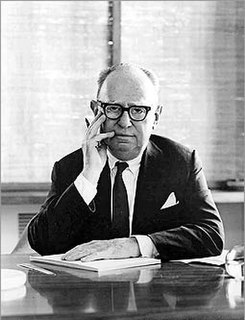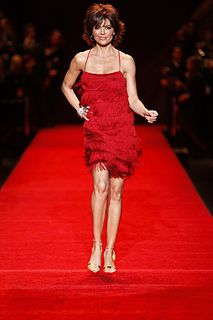A Quote by Nassim Nicholas Taleb
Years ago, I noticed one thing about economics, and that is that economists didn't get anything right.
Related Quotes
How should the best parts of psychology and economics interrelate in an enlightened economist's mind?... I think that these behavioral economics...or economists are probably the ones that are bending them in the correct direction. I don't think it's going to be that hard to bend economics a little to accommodate what's right in psychology.
I write with two things in mind. I want to be right with my fellow economists. After all, I've made my life as a professional economist, so I'm careful that my economics is as it should be. But I have long felt that there's no economic proposition that can't be stated in clear, accessible language. So I try to be right with my fellow economists, but I try to have an audience of any interested, intelligent person.
Economists operate with this image of the homo economicus, the rational economic agent, and while such agents are rare in the wider world, they are common in economics departments. Exemplifying the homo economicus paradigm, economists typically choose their research projects and hypotheses so as to promote their own careers, to maximize their lifetime income. This explains the astonishing pressures toward conformity in academic economics: how deviant views (except those by a few who have already achieved stardom) get crushed by an army of conformists.
Economics, over the years, has become more and more abstract and divorced from events in the real world. Economists, by and large, do not study the workings of the actual economic system. They theorize about it. As Ely Devons, an English economist, once said in a meeting: 'If economists wanted to study the horse, they wouldn't go around and look at horses. They'd sit in their studies and say to themselves, `What would I do if I were a horse?' '
Since the global financial crisis and recession of 2007-2009, criticism of the economics profession has intensified. The failure of all but a few professional economists to forecast the episode - the aftereffects of which still linger - has led many to question whether the economics profession contributes anything significant to society.
My mother and my father taught me to look at the actual problem, not the face of it, not the veneer of it. So for me, I was never - I was impressed that it - racially, I was impressed, right, but now in America it's about economics, and it's been about economics, and honestly, everything's been about economics since I don't want to say the beginning of time, but it's been about economics for a long while.
Mathematical economics is old enough to be respectable, but not all economists respect it. It has powerful supporters and impressive testimonials, yet many capable economists deny that mathematics, except as a shorthand or expository device, can be applied to economic reasoning. There have even been rumors that mathematics is used in economics (and in other social sciences) either for the deliberate purpose of mystification or to confer dignity upon common places as French was once used in diplomatic communications.
Economists get very uncomfortable when you talk about virtue and vice. It doesn't lend itself to a lot of columns with numbers. But I would argue that there are big virtue effects in economics. I would say that the spreading of double-entry bookkeeping by the Monk, Fra Luce de Pacioli, was a big virtue effect in economics. It made business more controllable, and it made it more honest.
Here's the story: 25 years ago, I had my lips injected with silicone. Stupid thing to do at 24. I saw 'Beaches.' Remember that movie 'Beaches'? I did it with my best girlfriend, so she and I go and we get our lips done. Fine. I have it like that for my whole career, right? So then cut to a couple of years ago, I have a doctor remove as much as they possibly can because it got to the point where they were yucky. You know, they get hard. It's gross. They are now whatever that was after they took out as much of the silicone as they could.
I grew up and I've worked with people who have been very present, a) either always jumping to whatever is most modern technologically advanced sort of thing, or b) people in this industry, like Kevin Smith, who, his communication with his fans is hugely connected to his success. And he was talking about that years ago. And David Bowie was doing that years ago. And Prince was doing that years ago.



































